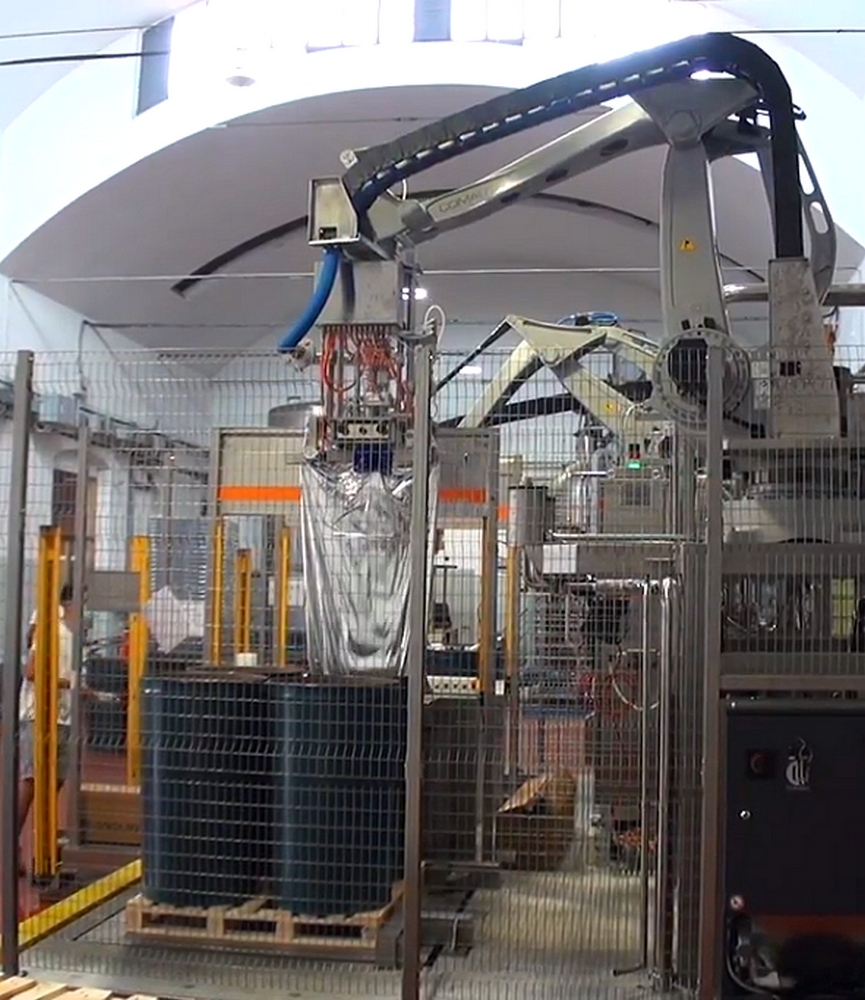Respect for your privacy is our priority
The cookie is a small information file stored in your browser each time you visit our web page.Cookies are useful because they record the history of your activity on our web page. Thus, when you return to the page, it identifies you and configures its content based on your browsing habits, your identity and your preferences.
You may accept cookies or refuse, block or delete cookies, at your convenience. To do this, you can choose from one of the options available on this window or even and if necessary, by configuring your browser.
If you refuse cookies, we can not guarantee the proper functioning of the various features of our web page.
For more information, please read the COOKIES INFORMATION section on our web page.


 Sam Hutton, an associate professor of horticultural sciences at UF and tomato breeder at the Gulf Coast Research and Education Center, believes the new data on tomato juice will help his efforts to develop tastier tomatoes for farmers to grow.
Sam Hutton, an associate professor of horticultural sciences at UF and tomato breeder at the Gulf Coast Research and Education Center, believes the new data on tomato juice will help his efforts to develop tastier tomatoes for farmers to grow. Now that researchers know Florida-grown tomatoes are good for tomato juice, scientists want to know whether Florida tomatoes can be marketed at a cost-effective price. Once they clear those hurdles, scientists hope to help producers stock grocery stores with Florida-grown tomato products. Generally, processed tomatoes are sold for less money than fresh-market ones and need to be made into a juice, sauce, paste and so forth, Sarnoski said.
Now that researchers know Florida-grown tomatoes are good for tomato juice, scientists want to know whether Florida tomatoes can be marketed at a cost-effective price. Once they clear those hurdles, scientists hope to help producers stock grocery stores with Florida-grown tomato products. Generally, processed tomatoes are sold for less money than fresh-market ones and need to be made into a juice, sauce, paste and so forth, Sarnoski said.






























